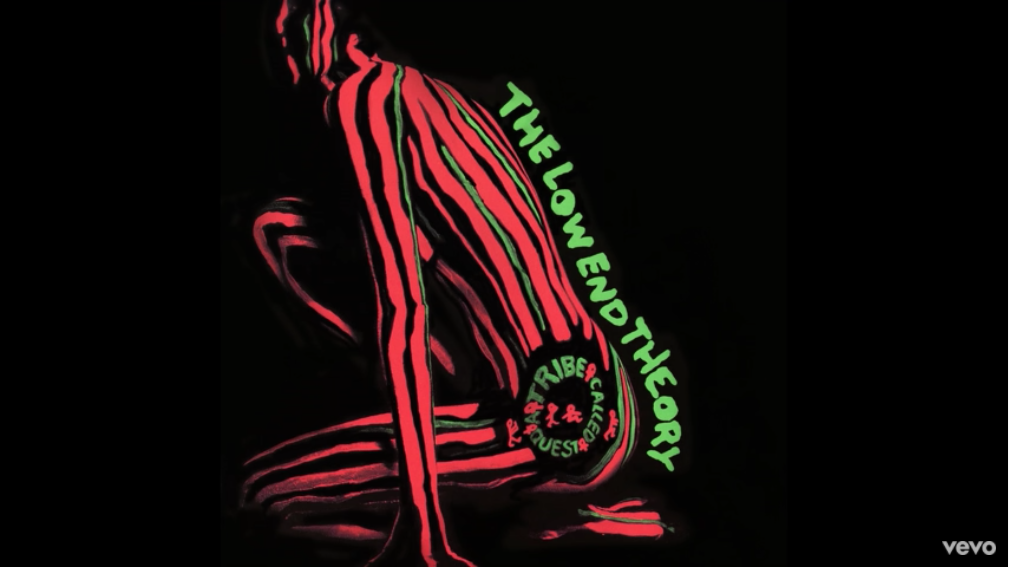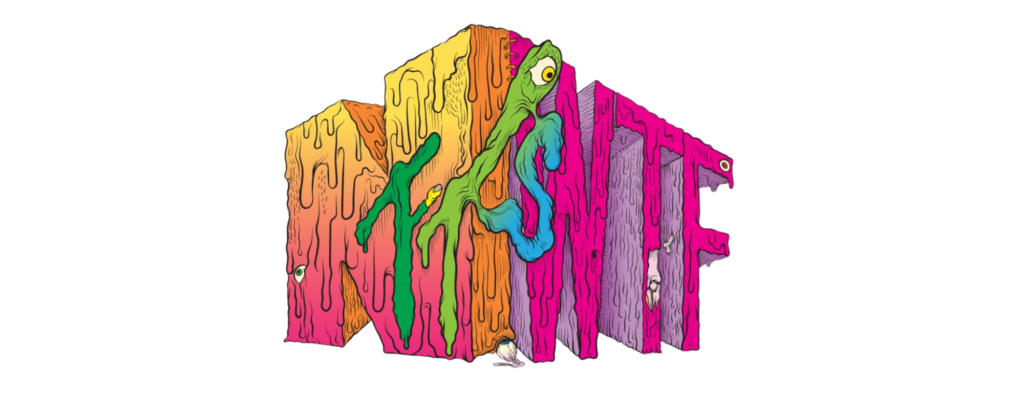The use of NFTs as futuristic sales tags that automate complex processes is growing not just for physical items but also for more abstract entities such as royalty streams. While this shift may seem to be another logical use of NFTs, taking advantage of blockchains as open ledgers. It will also bring the issues accountants encounter in other fields to the shores of NFT Land. In the case of A Tribe Called Quest, what at first looked like a basic false claim appears to be a legitimate claim to long-forgotten royalty rights that simply caught the artist by surprise. Unfortunately, the resulting headlines will likely increase the growing mental connection between NFTs, and digital crime.
Though NFTs have many possible use cases, art and media ownership has received the most attention to date. However, using an NFT for a transaction that not only reassigns royalty rights but provides data for automated distribution of a percentage of those rights at a later date is one of the more widespread use cases currently under development. In the example of music royalties, companies such as Royalty Exchange have been exploring the concept of auctioning music rights for many years, before the popularization of NFTs. Thus, they are well-positioned to develop related NFT use.
At the end of June, news spread that Royalty Exchange’s new NFT program was being used to sell a percentage of the rights to early albums from legendary hip hop group A Tribe Called Quest. Within less than a week, the rights sold, A Tribe Called Quest denied the validity of the sale and then, after sorting out the situation, explained the backstory. Definitely worth a read in that it gives one a bit more insight into some of the peculiar arrangements that occur in the music industry, causing problems years later. In this case, the rights ownership appears legit, and the NFT listing is still live on Royalty Exchange’s site.
Another situation giving outsiders a look at the twisted world of music industry deals and disputes as intensified (or illuminated) by NFTs involves the 25th anniversary of Jay-Z’s iconic hip hop album “Reasonable Doubt.” A confusing lawsuit regarding Dame Dash’s activities around a different “Reasonable Doubt” NFT continues to twist and turn with an official Jay-Z directed NFT now in the mix. Note that a related lawsuit involving the original album cover photographer does not involve NFTs and one begins to realize that NFTs may not be the problem here.
Ntfs indeed offer quicker resolutions to processes which can also benefit scammers desiring a quick exit. But a certain amount of what NFTfi news hits the press in the coming months and years will be the direct result of NFT and blockchain tech bringing industry-specific issues into the light. Unfortunately, the juxtaposition of “NFT” and “lawsuit” in headlines may cause general readers to assume that the NFTs were part of the problem. When, in fact, they actually may reveal and address issues with already existing standard industry procedures. As difficult as it will be for some to understand, NFTs may not just reveal such problems but sometimes offer solutions as well.
Featured Image Courtesy Vevo



